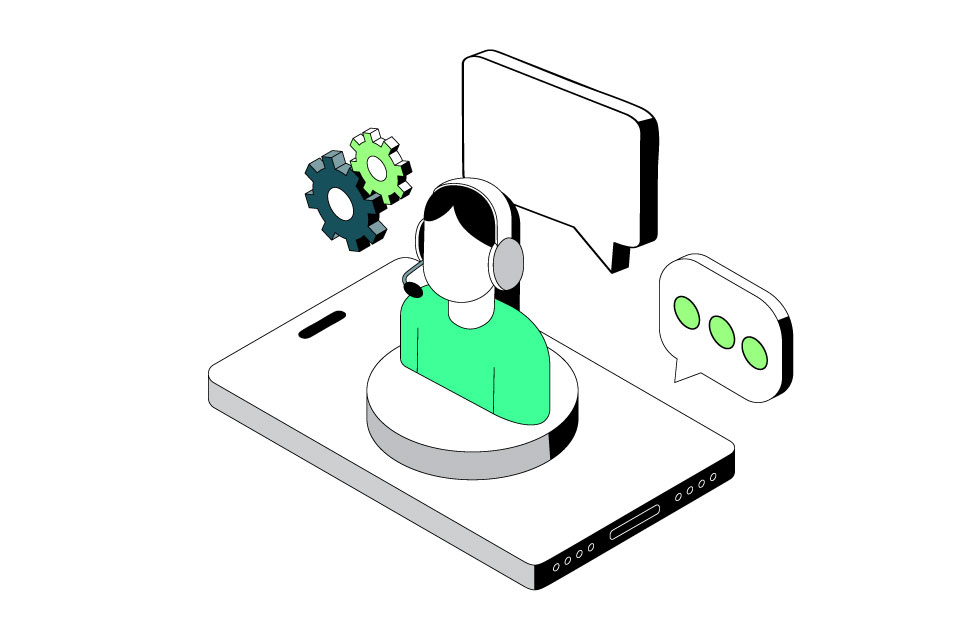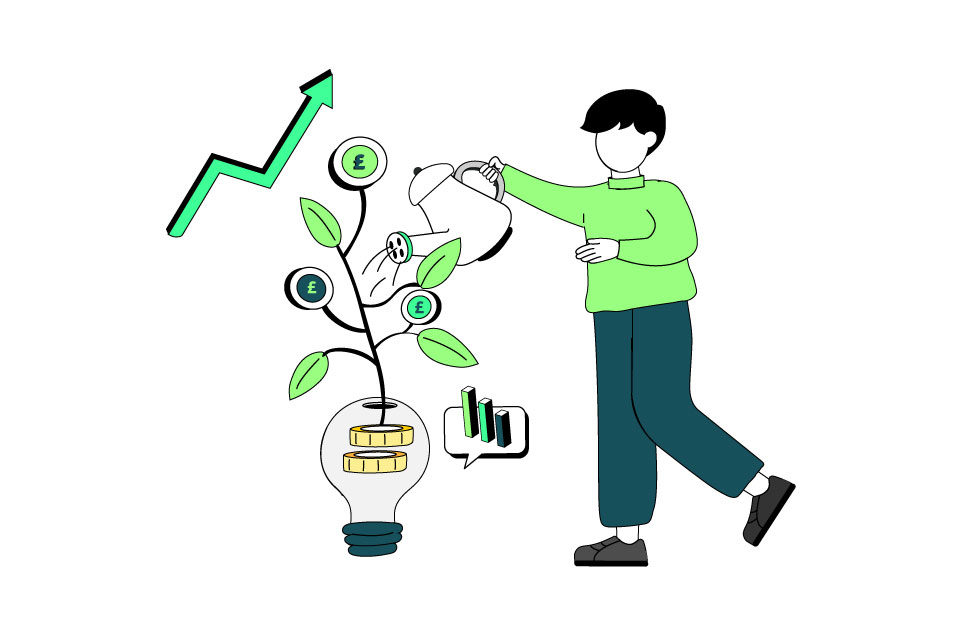By Jo Causon, CEO, The Institute of Customer Service
This week marks an important milestone in our roadmap out of lockdown – as thousands of businesses across the country prepare to reopen physical premises. For many organisations, and their customers, this eagerly awaited easing of restrictions cannot come soon enough. Yet this tentative first step into our ‘new normal’ also presents a new set of complex challenges for businesses to navigate. As we look ahead to a better future, leaders must ensure that in dealing with short-term challenges, they do not lose sight of their long-term purpose and how they are addressing this given their experiences of the last 12 months.
For those businesses able to reopen, the immediate concern is, quite rightly, how to keep both employees and customers safe. By now, most have become well accustomed to the rules and hygiene measures – from additional cleaning regimes to hand sanitising provisions and touch-free payment options. Yet as we emerge from lockdown, organisations need to ensure that their employees are properly prepared to deal with the often-increasing requirements of their role. Within physical outlets in particular, employees will take on additional responsibility for enforcing health and safety measures, often in the face of customer frustration. Through the course of our Service with Respect campaign, our research has revealed a worrying rise in abuse and hostility faced by customer-facing staff, often in response to enforcing health and safety rules. With this likely to see an inevitable increase as we emerge from lockdown, organisations have a duty to protect these employees by ensuring they are provided with adequate training and support and showing a zero-tolerance attitude towards inappropriate behaviour. We know where employees feel valued by their employees, they will do all they can to support the customer.
Customer behaviour, too, has undoubtedly changed after over a year of lockdowns. Whilst many will be excited about a return to physical outlets, many will also still have reservations and, indeed, changing demands as to how they want to interact with businesses in the physical environment. The key lies in clear, open and honest communication – listening to customers feedback and providing genuine reassurance. More than ever before, organisations need to be acutely attuned to the shifting needs and demands of their customer base. Dialogue, patience and understanding will be required as we learn to navigate and manage the new environment. And of course, one of the most important lessons we have learnt over the course of this turbulent year is the need to remain flexible and agile enough to adapt rapidly to changing circumstances. With further challenges no doubt still to come, we must not lose sight of the entrepreneurial spirit that has allowed us to be fleet of foot enough to survive over the past year.
The crisis has presented a unique opportunity to reset how we operate – taking stock of what we have learnt and adapting and innovating to the new world. As we begin to emerge from the other side, it is time to consider what we will do for customers and what we should stop doing – thinking creatively to create better businesses that put the needs of customers and employees at the heart of what they do. In doing so, I believe we can not only successfully recover from this crisis but build a true service nation that is the envy of the world.



